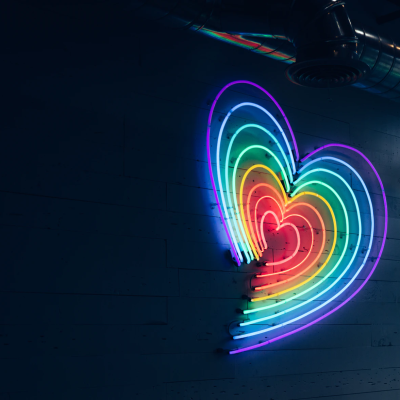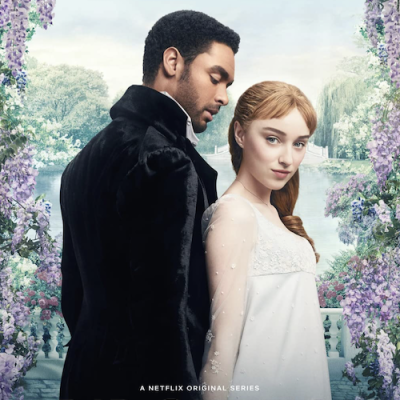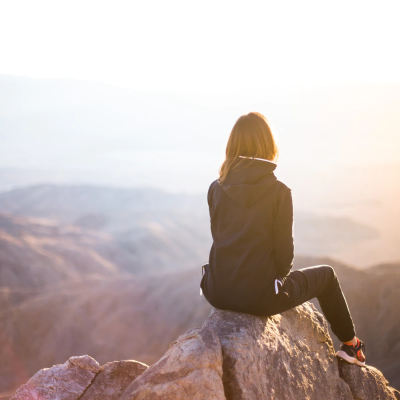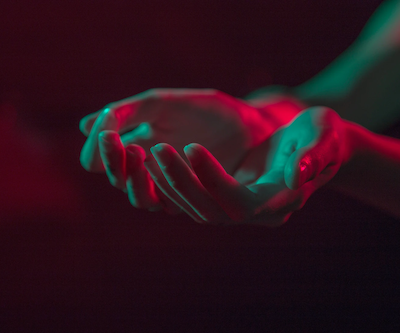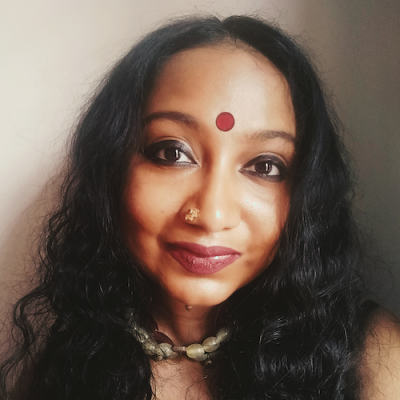Singlehood and Sexuality
Paromita, an award-winning filmmaker, and founder of the multimedia platform Agents of Ishq, and Leeza, who tries to normalise conversations about sexuality through her online work, remind us that neither singlehood nor marriage is the only determining factor of our wellbeing.
Alankrita Singh brings us a sparse and evocative series of photographs of women out in the world, by themselves. With a quiet defiance, it depicts women interacting with the world, at leisure, resisting the socio-cultural negativity they face when not under the care of men.
All I have known of loving men is emotional labour, And by that, I mean back-breaking, soul-sucking toil, Oh, the relief of carrying nothing but yourself, Oh, the relief of taking nothing but pleasure from their sex
The thing about crushes, is that eventually they stop being that. I’m not saying love dies or anything, I’m just saying, that Love never was and sometimes it takes a few months of tumbling across perfumed bedsheets
By and large, society expects a woman to marry. Often people in one’s circle judge a woman if she doesn’t marry, inquiring about what could be wrong but most never assuming that it could be out of choice
In this narrative, Sita finds solace in these women and understands a different perspective about beauty, self-worth, authority, self-reliance, and toward the end, finds liberation from society and marriage which were the root cause of her sorrow.
Viewed from the ‘sexual-moral high ground’ of couples (especially married couples), long-term singlehood is generally labelled as a deficit, a lack,or an inability to be emotionally involved in a relationship rather than being seen as a lifestyle choice.
Singleness represents eschewing all that patriarchy imposes on us in the name of emotional and financial protection. Women who decide not to marry defy age-old ‘wisdom’ mixed with terrible psychological and biologically-backed explanations.
I am 27 now and marriage is the most brought-up topic of conversation by my parents and relatives. Now, choosing or wanting to stay single is inversely proportional to my reputation, respect, and worthiness.
I believe that queer friendships and intimacies are sheer resistance, which not only swallow the despair and pain that might be perpetrated on gender-nonconforming people by their families, but also recognise all the lies about love that have been sold to us.
For a queer person, or for someone who remains single by choice, everyday existence requires strength and will. That is the embodiment of kun faya kun as a personal philosophy: to manifest the person you want to be through sheer will.
Growing up, for me, has been about accepting that the loneliness and sadness woven into the fabric of my being do not go away with entering conventional arrangements like monogamous relationships or marriage.
What I am proposing here is to look at being in a relationship and being single together because what is important here is the idea of ‘be-ing’ as opposed to the stereotypes and perceptions attached to our relationship with ‘the One’ or to singlehood.
If you are true to yourself, and attuned to your emotions and needs, you’ll invariably find that even a core belief (such as: not believing in the institution of marriage) is complicated by what the lived experience of that means (not only discriminatory experiences, but also intimate ones).
By the end of the evening, the room was suffused with the celebration of singlehood, rather than any explanation or apology for it. It appeared that the solitary life was envied and extolled by those who have opted out of it as well as many who haven’t.




